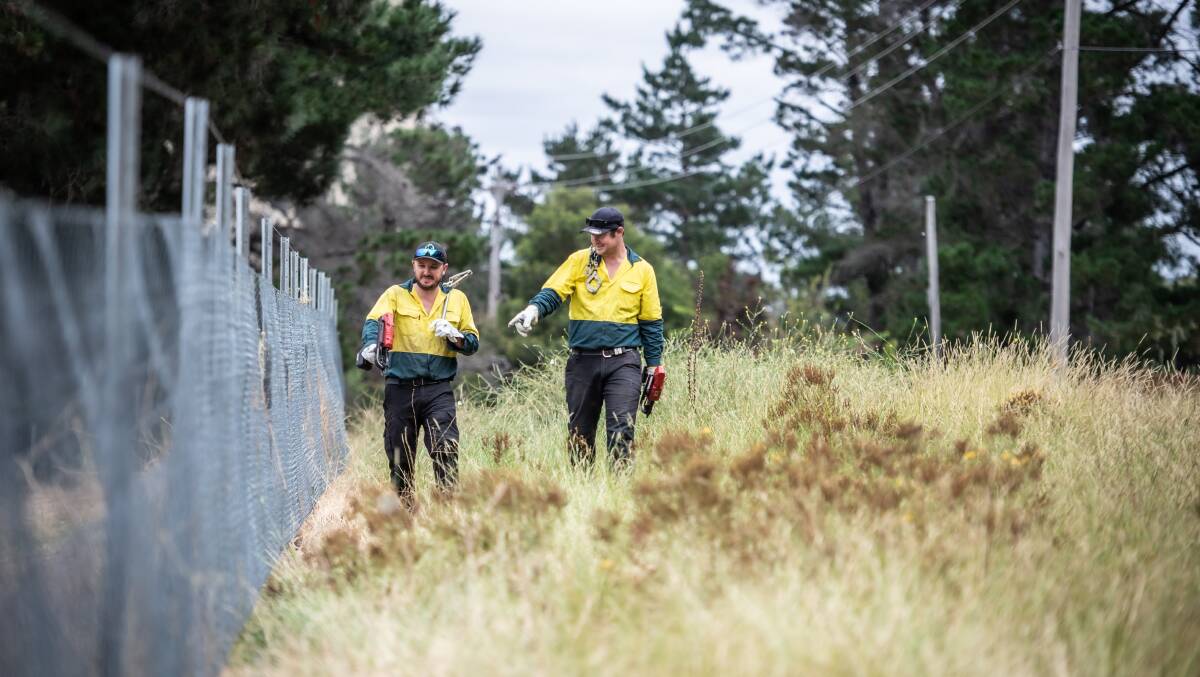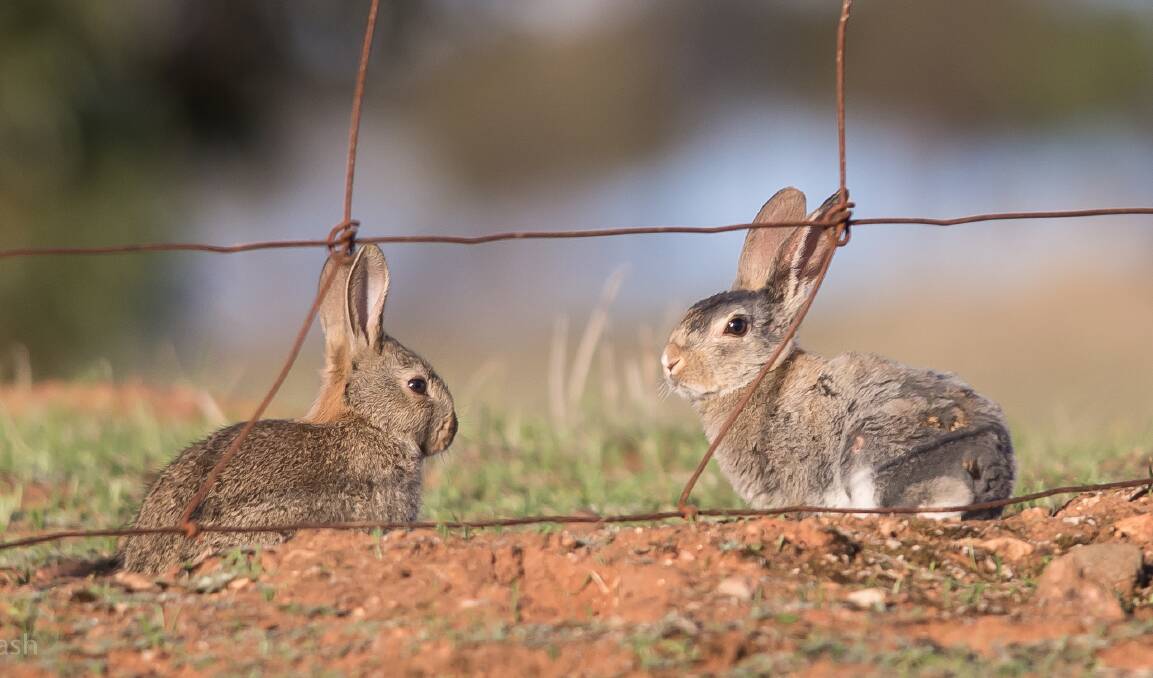
A rapid response team has been established in the ACT to defend against the increasing biosecurity threat posed by invasive species.
Having cost the Australian economy more than $389 billion over the past 60 years, invasive species pose a unique threat to the ACT due to its prevalence of natural temperate grasslands.
The team's focus will be on emerging pests and weeds, using drone technology to conduct surveys of parks and reserves.
El Nino has created an environment for invasive species to thrive, with some plants such as the Oregon Grape now posing a threat to agriculture, the community and the environment, team leader Ian Lenon said.
"We've been combating weeds that we hadn't seen a lot of before in the ACT," he said.
"While we don't get many new emerging pest species, wetter conditions have done the same sort of thing for them.
"With the abundance of grass, you have an abundance of feed for feral animals like deer, pigs and rabbits to thrive."
Mr Lenon said temperate grasslands, consisting of a variety of native grasses, had been whittled away in NSW since the establishment of agriculture industries.

"Within the ACT it was earmarked early that it was a very important ecosystem," he said.
"It's not necessarily important from a financial perspective or an agricultural perspective, but as far as a very vulnerable ecological community, if we don't look after it, we'll lose it."
The team fought a weed infestation at Mount Franklin on Monday, and put up fencing at Duntroon Dairy to protect against an influx of rabbits in the capital on Tuesday.
The team will also be deployed should the threat of an incursion of invasive species from across the border, such as the 2021 mouse plague, emerges in the future.
The small rapid-response team has been provided $3 million in funding over the next four years to work alongside a larger biosecurity network in the ACT.
CSIRO research scientist Dr Andy Sheppard co-authored a report released in 2021 warning Australia's unique flora and fauna was in danger of disappearing by 2050 unless urgent action was taken.
The report found 66 per cent of Australia's weed species were deliberately imported as garden plants and a new weed was established in Australia every 18 days.
Dr Sheppard said while all species were protected under Australia's Environment Protection and Biodiversity Conservation Act, funding to protect species beyond iconic plants and vertebrate animals was hard to come by.
He said the closure of borders during the pandemic had done little to stem the incursion of invasive species, with the illegal wildlife trade particularly hard to manage.
Dr Sheppard said his biggest fear when it came to biosecurity threats was the illegal pet trade, due to the difficulty in regulating it.
"Marine invaders keep me awake, because if they get in there is little we can do to stop them," he said.
"In terms of what is already in, I think cats and foxes remain our biggest unmanageable threat to native wildlife."







